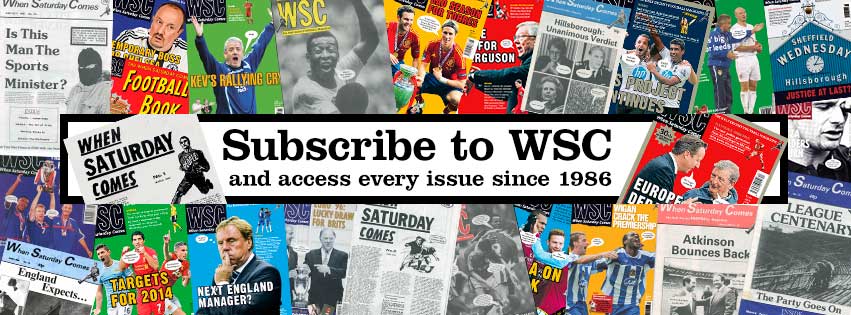Amid Bury’s demise, financial squabbles and some club owners expressing a desire to be out altogether, the organisation’s new faces are taking on a difficult task
24 October ~ As a 64-year-old Liverpool fan Rick Parry’s earliest memories of following his team are likely to have been when they were in the Second Division. He may not have watched much football below the top level since, given that he spent five years as chief executive of the Premier League from its foundation in 1992, then performed the same role at Anfield until 2009. Now he is back in football as chairman of the EFL, an appointment ratified at the end of September.
The League are still to appoint a chief executive to replace Shaun Harvey, who left (or was “ousted” as some reports had it) at the end of last season. That they seem to be having difficulty in filling this role – executive chair Debbie Jevans has been running things in the meantime – is an indication of the problems that will confront Parry and whoever becomes his new colleague. Not the least of which is the fallout from the League having just lost a team, Bury’s bid to join League Two for 2020-21 being turned down by the other clubs at the same meeting that approved Parry’s appointment. This was another desperate day for Bury fans, with local MP James Firth, chair of the Bury Rescue Board, criticising the “self-interest” of the other EFL clubs, two of whom will now avoid relegation in the process of getting the League back to its usual complement of 72.
More could have been done to prevent Bury being acquired last year by Steve Dale, a businessman associated with dozens of liquidated companies, and this was just the latest example of the general lack of scrutiny applied to many club takeovers at the lower levels. But as was said in WSC 391, the clubs run the EFL with the executive required to do no more than act on their behalf and they have so far resisted most attempts at regulation.
At the opposite end of the EFL to Bury, Championship clubs are at each others’ throats about profit and sustainability rules. Several clubs have “sold” their stadiums to their owners to boost income and avoid sanctions, with Middlesbrough chairman Steve Gibson now threatening legal action against Derby and being accused in turn of “hypocrisy” by his Derby counterpart, Mel Morris, over the way that Boro shifted tax losses when winning promotion in 2016 to steer clear of Financial Fair Play penalties. The stadium sales are a case of those clubs taking advantage of a loophole and others can hardly be expected to vote to close that loophole before they have had the chance to do the same thing.
The perennial problem that the EFL has is that long-term collective action is difficult to implement when there are always some members of the organisation who aspire to leave. Some would like to find a way to do this without having to bother with promotion. A year ago, the Leeds chairman Andrea Radrizzani complained about the income received from the League’s TV deal, which runs until 2023, and called for a “Premier League Two” for the better-supported Championship clubs. In September there were reports that some clubs want their new executive to renegotiate the contract’s terms relating to live streams of weekday evening games – Sky can show these for free, clubs have to charge UK subscribers at least £9.99 per match for the same service. These stirrings were accompanied by suggestions that certain unnamed clubs are once again looking to secede from the League.
While there is not currently any sign that the Premier League might be interested in helping to birth its own second division, that did not seem to be the case in 1993. When Parry was interviewed about his role as Premier League chief executive in WSC 80 (October 1993) he was asked about the likelihood of smaller clubs going out of business in the wake of the major restructuring that had just taken place. He replied: “I can foresee a growing momentum for a possible Premier League Second Division. And a natural consequence of that would be to wonder where that leaves the other two divisions. There’s a logic which says above 12-15,000 spectators warrants full-time football. Below that, part-time makes more sense.” One would have to assume that his views on this subject have shifted considerably since then, though if a way cannot be found to satisfy both sides of a splintering EFL he may soon find history repeating.
This article first appeared in WSC 392, November 2019. Subscribers get free access to the complete WSC digital archive – you can find out more here
